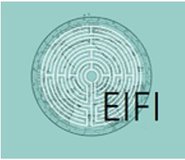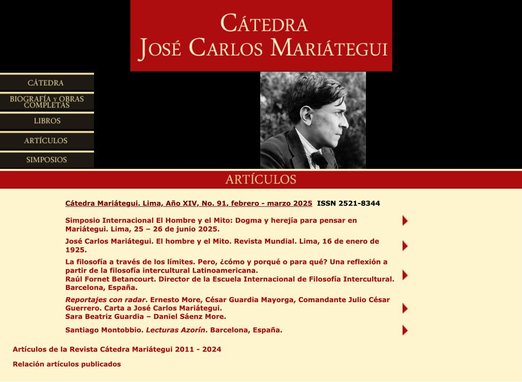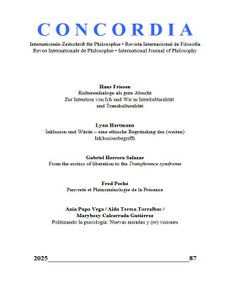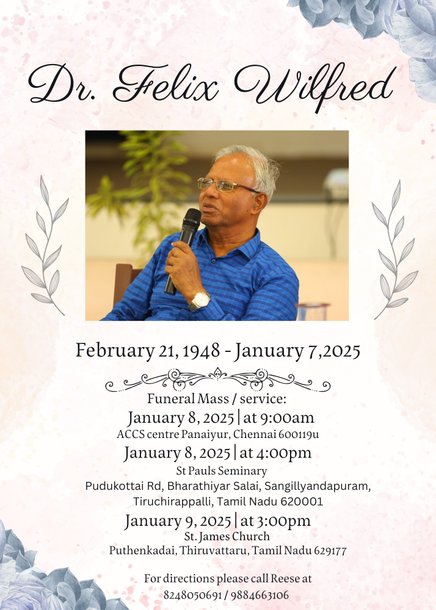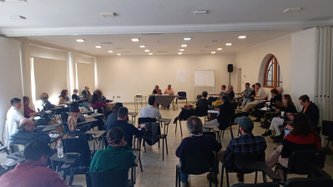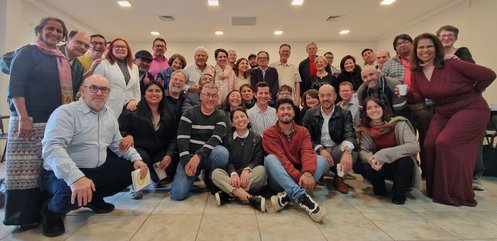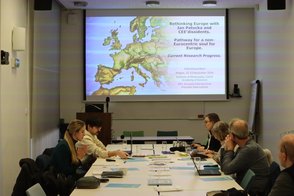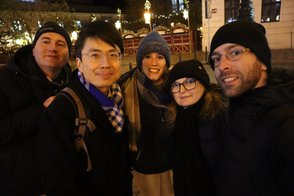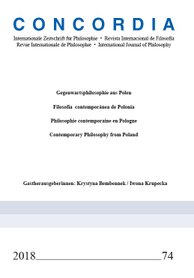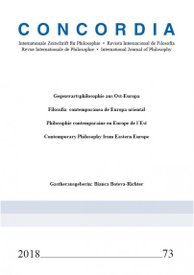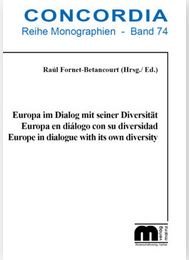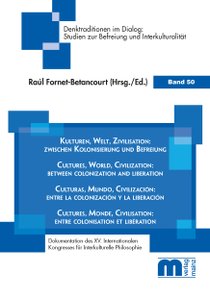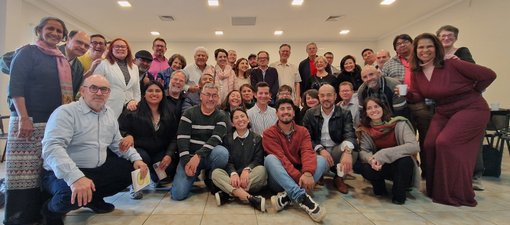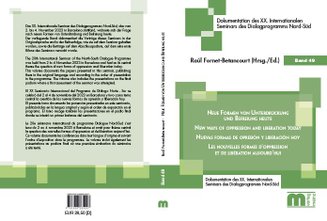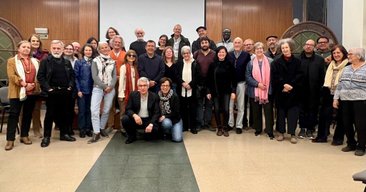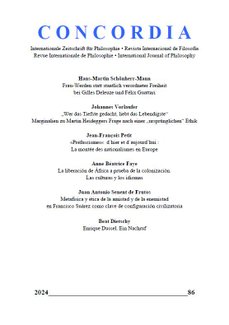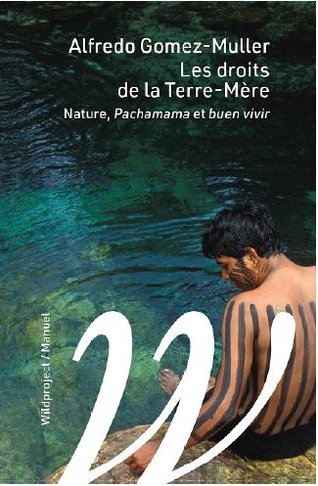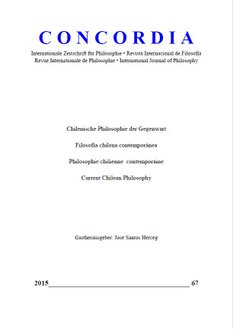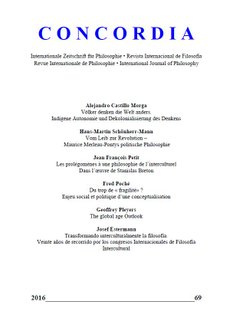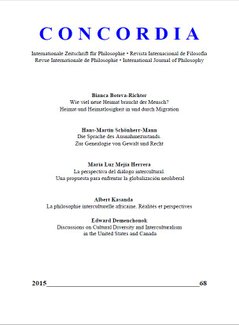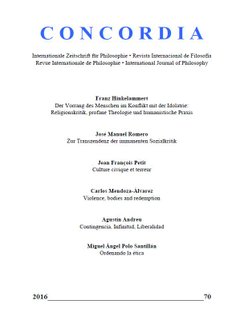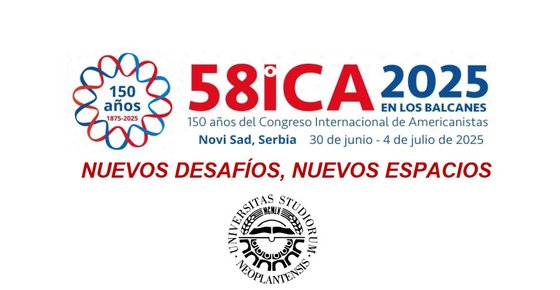ESCUELA INTERNACIONAL DE FILOSOFÍA INTERCULTURAL
INTERNATIONALE SCHULE FÜR INTERKULTURELLE PHILOSOPHIE
INTERNATIONAL SCHOOL FOR INTERCULTURAL PHILOSOPHY
ÉCOLE INTERNATIONALE DE PHILOSOPHIE INTERCULTURELLE
PHILOSOPHY - SPIRITUALITY - SOCIETY
For a plural coexistence in a common world
UPCOMING EVENTS
HUMAN VALUES AND COMMON GOOD
is the issue of the new seminar cycle of the EIFI
1st Seminar: February, 28 and March, 1
EDUCATION, ESSENTIAL VALUES AND VIRTUES
Seminar with Ángel Viñas Vera
(Loyola University Andalusia)
The latest issue of the Journal Cátedra Mariátegui, Lima, XIV, n° 91, February-March 2025
___________________________________________
We are pleased to inform you that the latest issue of the Journal Cátedra Mariátegui, Lima, has just been published, edited by the well-known intellectual and founder of the Centro de Estudios La Mujer en la Historia de América Latina (=CEMHAL), Dr. Sara Beatriz Guardia.
In this issue we would like to highlight the publication of Raúl Fornet-Betancourt's lecture presented at the fifth plenary session ‘Emptiness and Experience’ at the XXV World Congress of Philosophy held in Rome.
We also highlight the reprinting of José Carlos Mariátegui's important text ‘Man and Myth’ on the occasion of the centenary of its original publication in 1925.
Here are some direct links:
>> lecture of Raúl Fornet-Betancourt about “La filosofía a través de los límites”
(Philosophy across Borders)
>> text of José Carlos Mariátegui “El Hombre y el Mito”
(Human being and the Myth)
>> Revista Cátedra Mariátegui, Lima, Año XIV, No. 91, febrero-marzo 2025
>> Centro de Estudios La Mujer en la História de América Latina: www.cemhal.org
The new volume of CONCORDIA. International Journal of Philosophy is up-coming
_____________________________________
with contributions from:
Hans Friesen
Lynn Hartmann
Gabriel Herrera Salazar
Fred Poché
Ania Pupo Vega / Aida Teresa Torralbas/
Marybexy Carcerrada Gutiérrez
The EIFI mourns the loss of a long-standing friend and dedicated contributor to the North-South dialogue programme.
Felix Wilfred played a key role in this programme, most recently at the XIX International Seminar of the North-South Dialogue Programme, which took place in Aachen from 13-16 May 2019. He gave a keynote speech on the topic ‘What is the price of being a religion of the future? Living and practising religious cosmopolitanism’.
We remain grateful to Felix Wilfred as a valued friend.
NEWS
Changes at ASAFTI (= Associação Sul Americana de Filosofia e Teologia Interculturais/ Asociación SudAmericana de Filosofia e Teología Interculturales)
_______________________________________________
For the next three years, from September 2024 to September 2027, the headquarters of the South American Association for Intercultural Philosophy and Theology (ASAFTI) will be in Porto Alegre/RS/Brazil. The board of directors is composed of Ana Brum, André Brainer de Faria, Andre Pares, Giselle Moura Schnorr, Magali Mendes de Menezes and Neusa Vaz e Silva.
During the last three years, its headquarters and coordination was located in Bogotá/Colombia, under the coordination of Professors Juan Cepeda, Israel Arturo Orego, Echeverría and Franklin Púa, whom we thank for their valuable work.
We wish the new board much success in coordinating the paths taken by the members of ASAFTI, as well as in creating new ways of walking together along the many and diverse paths of Our America.
For more information on the organisation of ASAFTI, please consult the ASAFTI website soon.
ACTIVIITES OF THE EIFI in 2024
HUMAN VALUES
is at the core of the seminar cycle
at the centre of the EIFI in Barcelona
REPORTS
XVth International Congress of Intercultural Philosophy
________________________________________________________________________________________________________________________________________________________________
Santiago de Chile, from 24 to 27 of April 2024
Cultures, world, civilization: between colonization and liberation - this was the theme of the XV International Congress of Intercultural Philosophy, which took place from 25-27 April 2024 in Santiago de Chile and was organized by the EIFI (Aachen/Barcelona) together with the Federico Santa María Technical University, Santiago de Chile, the State University of Santiago de Chile, the Catholic University of Temuco, and the Catholic University of the North.
Numerous philosophers from different countries came to Santiago de Chile to explore ways in which the current civilizational order, which threatens to destroy and replace the many places in the world of humanity, can be reversed and steered towards a solidary coexistence of humanity. The joint work was rounded off with a panel for retrospective critical evaluation.
Lorena Zuchel, who was responsible for the organizational team in Chile, provides an insight into this intercontinental exchange of experiences in her report, which will be published in the upcoming number 86 of Concordia. International Journal of Philosophy. Like all events in this series, this congress will also be documented in a conference volume, which will contain all presentations in full. The book will be available soon.
Fotos: archiv of the Institute of Humanistic Studies, Federic Santa María University, Valparaíso, Chile.
>> for more information on the International Congresses of Intercultural Philosophy and the other series of dialogues, see here.
Meeting of the "Network of Young Researchers"
Prague, 22 and 23 November 2024
A few weeks ago, the third edition of the Network of Young Researchers promoted by EIFI was concluded. After Barcelona and Vienna, the enchanting city of Prague was the host city.
The idea of these meetings originated from the desire of Raul Fornet-Betancourt and Bianca Boteva-Richter to create a space for discussion and support for young researchers whose situatedness, of body and thought, belongs to the Central and Eastern European area, or who are involved in dialogue with and between the different souls of Europe. The common thread that connects the different research is the use of an intercultural approach and methodology, which promotes the development of critical trajectories of thought of the reductionisms of the Western philosophical tradition, and at the same time open and inclusive of the multiplicity of the world's philosophies, analysing their places of tension and intersection.
In Prague, the group was the guest of the Department of Political Philosophy and Global Studies of the Czech Academy of Sciences, with which a fruitful and interesting collaboration was born. Key elements of the meeting were the variety and philosophical depth of the contributions and the dynamic and participative dialogue both following each presentation and in the moments of break in the spirit of conviviality.
Over the course of the two days, key concepts of intercultural philosophy were addressed, both from the point of view of ethical-political reflection, including resilience, moral exemplarity, ethos of responsibility and solidarity, and from the theoretical point of view, in particular the concept of existence and historicity, as well as that of time and temporality, and multiperspectivism. Furthermore, these conceptual cores were investigated from different branches of philosophy, from the aesthetics of music to the philosophy of education, and from the history of philosophy to political philosophy, bringing authors from the Western tradition into dialogue with other philosophical geographies, in particular the Caribbean, Chinese and Central European philosophies. A source of great honour and inspiration was the presence of Prof. Gunjun Wu, who proposed an interesting and acute analysis of the global climate crisis starting from a rethinking of classical Chinese philosophy from the perspective of interculturality.
Reporting by Sofia Elena Merli
Fotos: Dusan Milenkovic
Europe in dialogue with its own diversity -
an important focus of the EIFI:
To learn more about this line of work, some reading recommendations:
Raúl Fornet-Betancourt (Hrsg./Ed.),
Europa im Dialog mit seiner Diversität. Europa en diálogo con su diversidad. Europe in dialogue with its own diversity, Concordia. Reihe Monographien. Bd.74, Wissenschaftsverlag Mainz, Aachen 2020
In addition, two themed issues on contemporary philosophy have been published in the Concordia series:
vol. 73: Contemporary Philosophy from Eastern Europe
vol. 74: Contemporary Philosophy from Poland
Subscription & Orders:
Wissenschaftsverlag Mainz
Süsterfelderstr. 83, D-52072 Aachen
Email: info@verlag-mainz.de
PUBLICATIONS OF THE MEMBERS OF THE EIFI in 2024
The Proceedings of the XVth International Congress for Intercultural Philosophy
_______________________________________________________________
Raúl Fornet-Betancourt (Hrsg./Ed.),
Kulturen, Welt, Zivilisation: zwischen Kolonisierung und Befreiung.
Cultures, World, Civilization: between colonization and liberation.
Culturas, Mundo, Civilización; entre la colonización y la liberación.
Cultures, Monde, Civilisation: entre colonisation et libération.
(Denktraditionen im Dialog: Studien zur Befreiung und Interkulturalität. Bd. 50),
Wissenschaftsverlag Mainz, Aachen 2024
ISBN: 978-3-95886-536-5
The XVth International Congress of Intercultural Philosophy was held in Santiago de Chile from April 25 to 27, 2024.
This volume publishes the main lectures and contributions of the closing panel of this congress, which was dedicated to the overall theme: “Cultures, world, civilization: between colonization and liberation”.
>> for the Contents, click here .
Foto: archive of the Department of Humanistic Studies, University "Federico Santa María", Valparaíso, Chile.
The proceedings of the XX International Seminar of the North-South Dialogue Programme
________________________________________________________________________
Raúl Fornet-Betancourt (Hrsg./Ed.)
Neue Formen von Unterdrückung und Befreiung heute. New ways of oppression and liberation today. Nuevas formas de opresión y liberación hoy. Les nouvelles formes d’oppression et de libération aujourd’hui.
(Denktraditionen im Dialog: Studien zur Befreiung und Interkulturalität. Bd. 49)
Wissenschaftsverlag Mainz, Aachen 2024
ISBN: 978-3-95886-529-7
The 20th International Seminar of the North-South Dialogue Programme was held from 2 to 4 November 2023 in Barcelona and had as its central theme the question of new forms of oppression and liberation today.
This volume documents the papers presented in this seminar, publishing
them in the original language and according to the order of presentation
in the programme. The volume also includes the presentations on the final
podium where a first assessment of the seminar was attempted.
>> for the Contents please see here.
>> More on this in the conference report, published in the issue 85 of Concordia. International Review of Philosophy.
Vol. 86 of Concordia. International Journal of Philosophy
_________________________________________________
Concordia. Internationale Zeitschrift für Philosophie.
Revista Internacional de Filosofía. Revue Internationale
de Philosophie. International Journal of Philosophy.
vol. 86 (2024)
with articles from
Hans-Martin Schönherr-Mann
Johannes Vorlaufer
Jean-François Petit
Anne Béatrice Faye
Juan Antonio Senent de Frutos
Beat Dietschy
>> Inhalt/Índice/Sommaire/Contents
Vol. 85 of Concordia. International Journal of Philosophy _________________________________________________
Concordia. Internationale Zeitschrift für Philosophie.
Revista Internacional de Filosofía. Revue Internationale
de Philosophie. International Journal of Philosophy.
vol. 85 (2024)
with articles from
Tim Glogner
Gabriele Münnix
Josu Landa
Jean-François Petit
Ricardo Salas Astrain
Fidel Tubino
>> Inhalt/Índice/Sommaire/Contents
A new book from Alfredo Gomez-Muller
Alfredo Gomez-Muller
Les Droits de la Terre-Mère.
Nature, Pachamama et buen vivir.
(Poche/ Petite bibliothèque d’écologie populaire)
Éditions Wildproject, Marseille 2024
ISBN: 978-2-381140-780
>> a short presentation of the book (in French)
It is in South America that the rights of nature are better established. In 2008, Ecuador implemented, inter alia, the first Ecological Constitution.
By shedding light on the philosophical and cultural implications of Ecuadorian Constitution, this book offers a radical overview of the issue of the rights of nature.
Finally, a small reference manual on the rights of nature.
[Extract from the short presentation of the book by the publisher]
NEW ADITIONS TO THE VIRTUAL LIBRARY OF THE EIFI in 2024
four more volumes of the Journal CONCORDIA available in full text
____________________________________________
VIRTUAL LIBRARY OF THE EIFI
>> brief information for the users
>> For the access code, please contact: eifi.secretaria@gmail.com .
UPCOMING EVENTS in 2025
In 2025 will be celebrated at the University of Novi Sad, Serbia,
the 150th anniversary of the International Congress of Americanists.
We are pleased to join the University of Novi Sad in inviting you to the 58th International Congress of Americanists
with the theme ‘New Challenges, New Spaces’.
Date: 30 June - 4 July 2025
Venue: University of Novi Sad, Serbia
>> for more information please see the homepage of the Congress: https://ica2025.uns.ac.rs/
